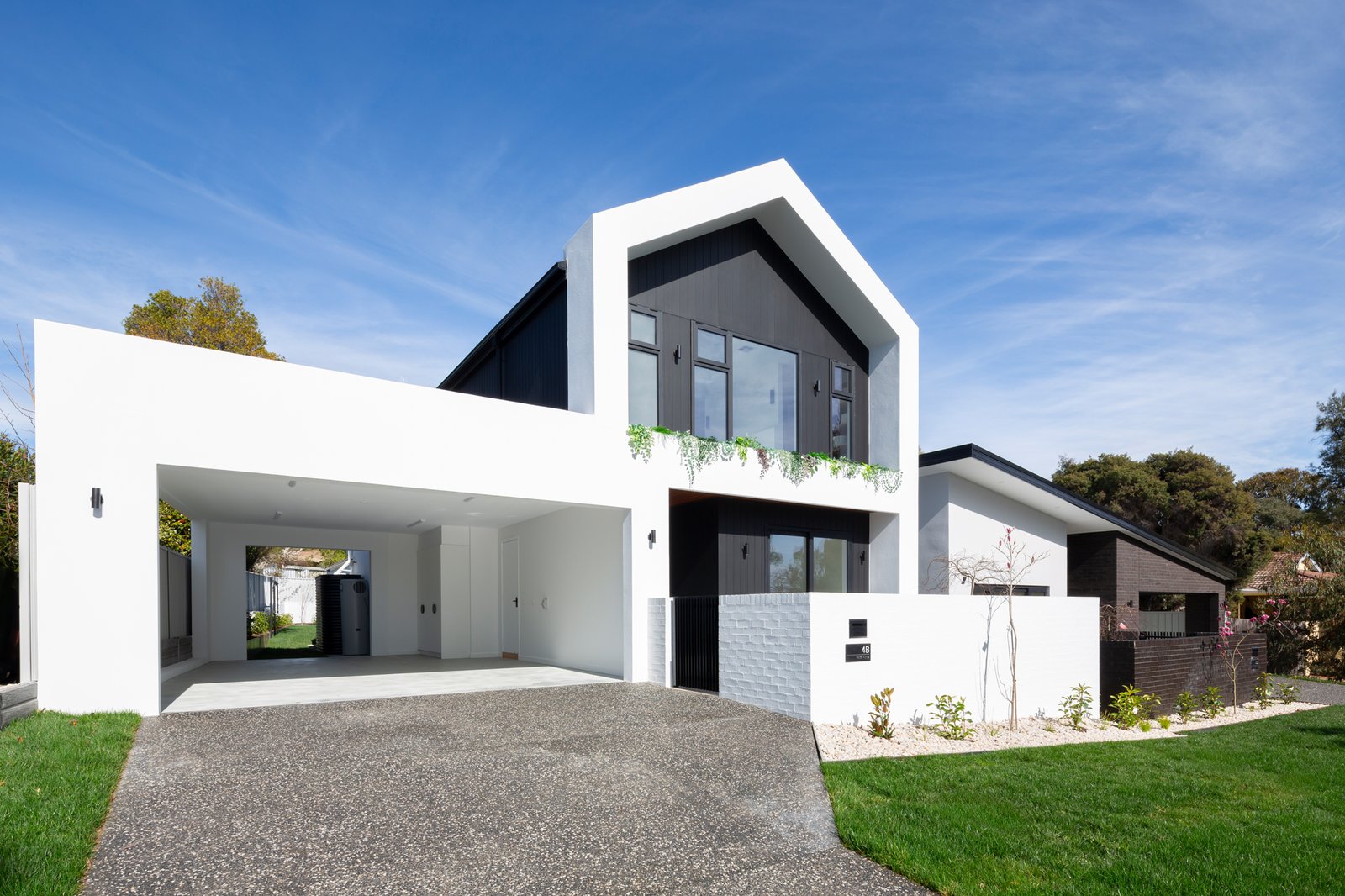How to Handle Delays When Building Your Custom Home
House construction is always an exciting process but holds in it its fair share of challenges. Many homeowners look forward to the day they will step into their new home but face unwanted delays as part and parcel of the experience. It is for these reasons that delay problems often haunt homeowners building a house. Understanding how to handle these kinds of delays effectively can help you minimize unnecessary stress and keep your project on track. With experienced custom home builders, you will find better tools and strategies to manage setbacks. In this guide, we are going to talk about some common reasons for delays during construction and the practical solutions that can be used in dealing with these setbacks.
1. Understanding the Common Causes of Delays
For you to truly handle delays, one needs to understand the common causes. Although each project has something unique, common factors do contribute to setbacks:
- Adverse weather: Rain, snow, extreme temperatures, or any other type of adverse weather can delay outdoor construction work. It is very hard to predict during seasons in areas where the change in weather sometimes becomes unpredictable.
- Supply chain problems: Supplies and equipment deliveries take longer than the specified time, slowing the construction process. Problems may arise from supply chains based on market demand, transportation, or international shipping delays.
- Permitting and inspection delays: Most construction projects require multiple permits and inspections at multiple times. In case the desired approvals are not finished in time, it will delay the project.
- Changes in design or scope: Whenever homeowners change their minds and want to add some new features or designs in the middle of the project, then it takes extra planning time and construction.
- Labor Shortages: Without access to skilled labor, delays will be inevitable in certain completion tasks.
Anticipating these problems will help home buyers and builders prepare for potential issues and create contingency plans.
2. Communication is the Key
Good communication with your custom house builders can help in minimizing delay cases. It’s, therefore, important to have regular meetings with your builder, talking about the progress made and potential problems to be solved. This will be able to detect problems early so that you can solve them quickly.
Request your builder to provide frequent updates; you can request either a written report or photographs about the progress of the venture. This will be able to give you a clear picture of where the project stands and understand where the setbacks occurred. Good communication will also build up your trust and help you feel more in control of the situation.
3. Detailed Contract and Timeline
Among any activity before construction, make sure to have a detailed contract that states the work scope, timelines, and possibilities of any delay. The contract must have a clearly indicated schedule with all the significant milestones and expected completion dates. An elaborate contract will give you a guide where you identify delay spots so you can adjust your plan.
Discuss with your contractor what the process is going to be for handling delays and if there are some elements of built-in protections in case things take a turn for the worse. Come to an understanding of what the process will be in case of schedule changes so that both parties aren’t caught off guard in case a change needs to occur. This will give you peace of mind and give you knowledge of what your options will be should the time frameshift.
4. Bend with Your Timeline
While the timeline should be very detailed, being flexible is also essential. Construction is complex, and some items are bound to happen late. Rather than trying to hold to an intended completion date, you allow room in your schedule for changes. This will give way to reducing stress should such delays come your way.
Work together with your custom house builders to produce a realistic timeline that accounts for potential setbacks. Knowing ahead of time what might cause a delay can help you better manage expectations and avoid disappointment if your home takes longer to complete than initially planned.
5. Monitor Weather Forecasts
The most unpredictable factor in a construction project must be the weather. That affects your timeline considerably because you can do nothing but hope that the weather improves during days when you experience significant delays in your construction project. Although you may not have control over weather conditions, however, you may plan things by monitoring forecasts and discussing potential setbacks with your builder.
Construct in an area prone to strong winter or rainy seasons by planning your construction schedule to avoid these periods. For example, it is wise to schedule tasks that require work outdoors, such as roofing or foundation pouring, during the drier months. Your builder should also have a plan for handling weather-related delays, such as protective coverings or rescheduling of tasks.
6. Monitor Permits and Inspections
Permitting is one of the most often neglected causes of delays in construction. Make sure that all permits are ascertained before the beginning of the project, and its inspections be pre-arranged so it will not cause last-minute delays.
In order to work with experienced custom house builders, it is easier; they usually know all the local building codes and regulations. They can guide you through the permitting process besides timing your inspections in such a way that the outcomes of the inspection will not delay matters.
7. Tackle Supply Chain Challenges Ahead of Time
Material shortages or delays in shipping might affect the construction time. The easiest way to avoid these risks is by coordinating with your builder to order materials very early in the construction process. Having some extra materials on-site might also help avoid delays if something gets damaged or lost.
Your builder should have access to a network of suppliers to acquire materials quickly and have contingency plans in case the primary supplier runs into problems. You could also monitor current market trends, like when certain materials will be available, and make some decisions that might minimize supply chain disruptions.
8. Do not make last-minute changes to your design.
While homeowners would like to change things halfway through, such changes at the last minute may delay your project. A slight design could delay a project since other planning, materials, or even permits are required. So, try to finalize as much as you can for your design before the construction process takes off. If adjustments are absolutely necessary, discuss this with your builder immediately and know how it will affect the schedule.
9. Planning for Labour Availability
Sometimes, shortages of labour can cripple a project, especially when certain skills are required at certain points in the construction of a building. Make sure to work with your builder to schedule and have on call the tradespeople that will be required at these points. Discuss any potential labor availability issues ahead of time and prepare to bring in additional help if needed.
Seasoned custom house builders have contacts with subcontractors, and such contacts will ensure that all labor will be available for the project. They can also coordinate all the activities between the various trades to ensure the smooth flow of work in the schedule.
10. Create a Contingency Plan for Each Stage
Every construction project must develop contingency plans regarding delay. You should discuss with your builder precisely what these contingency plans are going to be at every single stage of the construction process. This may mean the scheduling of alternative tasks when a principal task is late. Perhaps because of rain, roofing work can’t be completed, but electrical or plumbing installation can be carried out in interior spaces.
Having a contingency plan ensures that downtime is at its minimum, and then progress can continue even if other elements of the project are delayed.
11. Plan for Contingency Costs
Delays do come with other costs- labor hours extended, more materials, or unforeseen problems to be fixed. In order not to stress financially, a buffer should be included in your budget for unexpected expenses.
A contingency fund should take a goodly share of 10-20% of the total budget. This will help you in managing additional costs at times when delays do occur and don’t affect the quality of the project.
12. Maintain the Message Positive and Focus on the Long-Term Goal
Despite the frustrations of delays, the most important thing is not to lose sight of your positivity and above all, remember why you initially considered a custom home. Stay focused on the benefits you’ll experience when that home finally meets or exceeds expectations.
Another reason for staying positive is that it will help you sustain a good relationship with your builder, which is important for dealing with delays and find solutions. Building and working together as a team will make it easier to keep pushing forward the project and assure that your house will be well built according to your satisfaction.
Partner with Leading Custom House Builders for Seamless Experience
Building that dream home really does take a lot out of you, yet having the right custom house builders on your side makes all the difference between a successful, smooth home-building project and one that seems impossible. Freedom Built specializes in personalizing custom home construction according to each client’s most distinguishing and authentic vision. Their focus lies in craftsmanship and attention to detail, as their team guides each client from initial design to final completion. The moment you make a decision to go with Freedom Built, you’ve decided to work with passionate perfectionists who produce outstanding results that speak volumes.
Conclusion
Working with delays in construction during custom home building requires a level of patience, flexibility, and proactive planning. Being aware of the delay-causing causes and following up on the above practices will reduce setbacks in your projects. Right custom house builders who know how to solve the problem will be very helpful. Then, proper management of the process can be done and obstacles may be turned into opportunities to get the dream home built at the highest standards.






